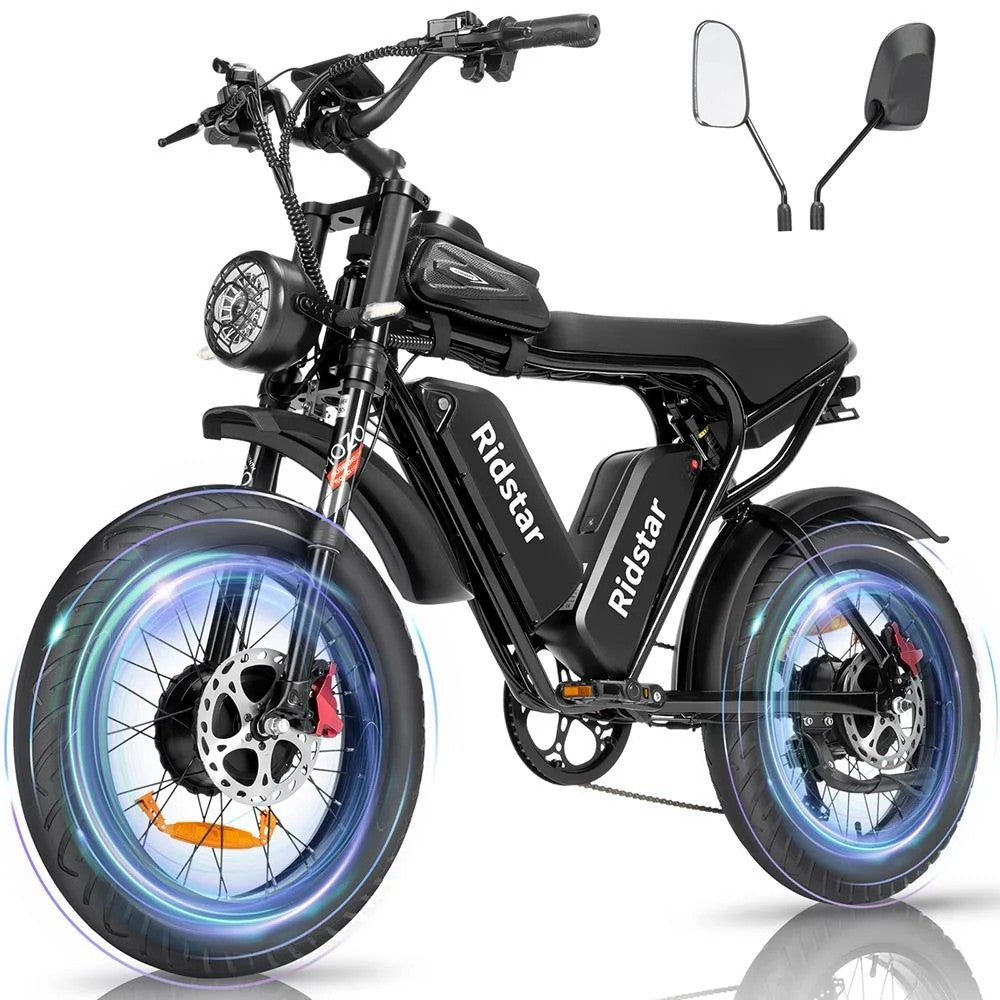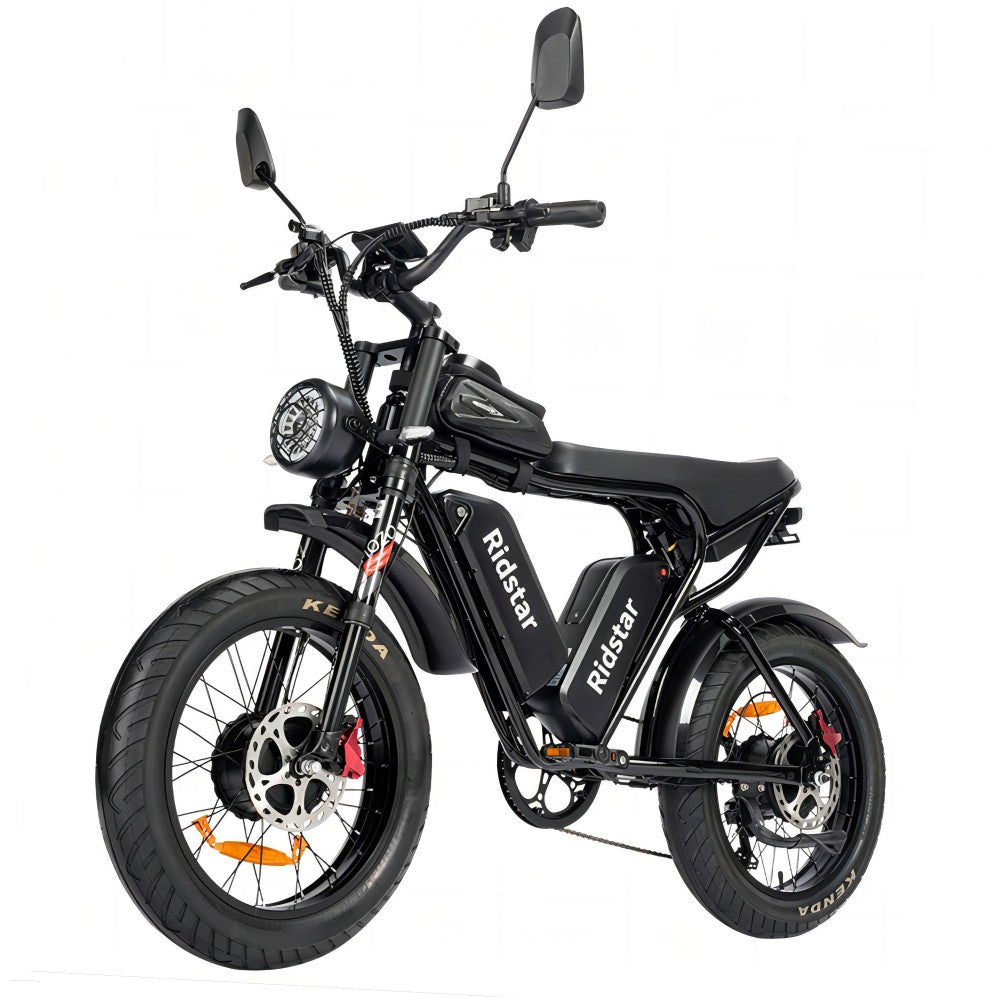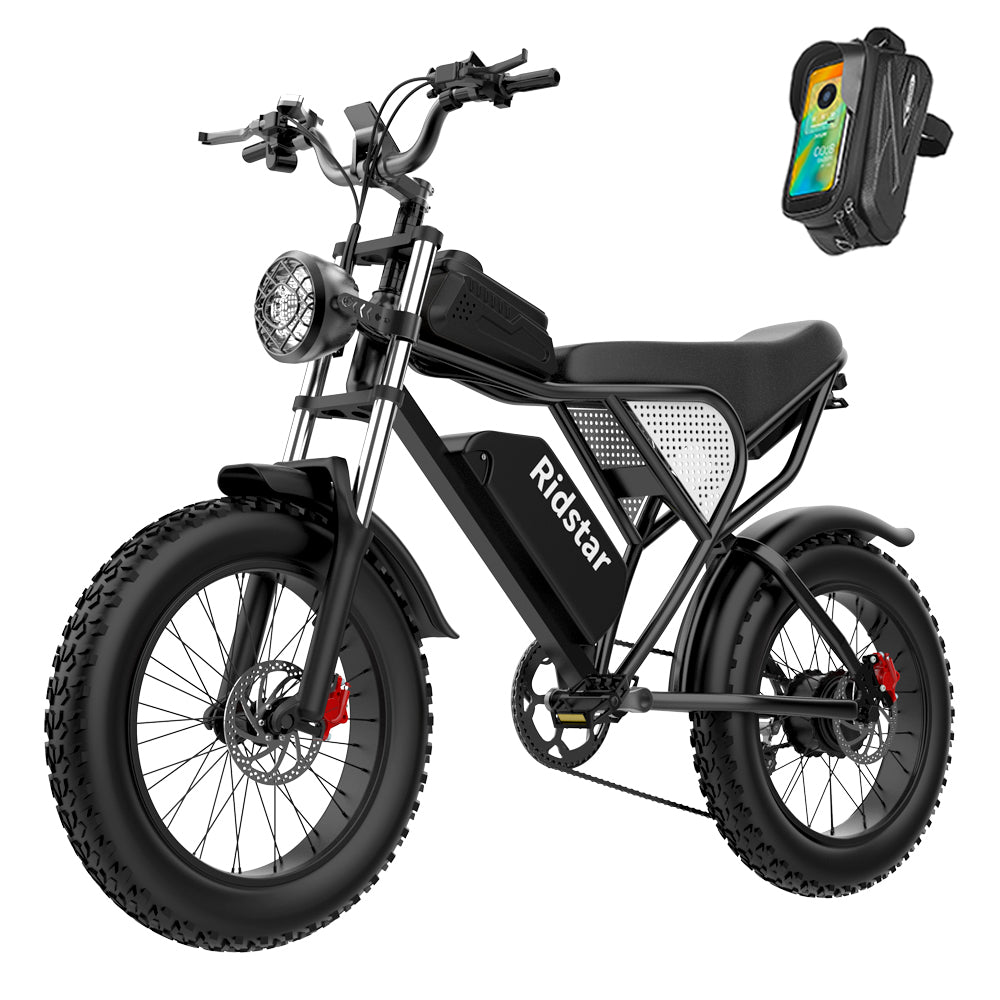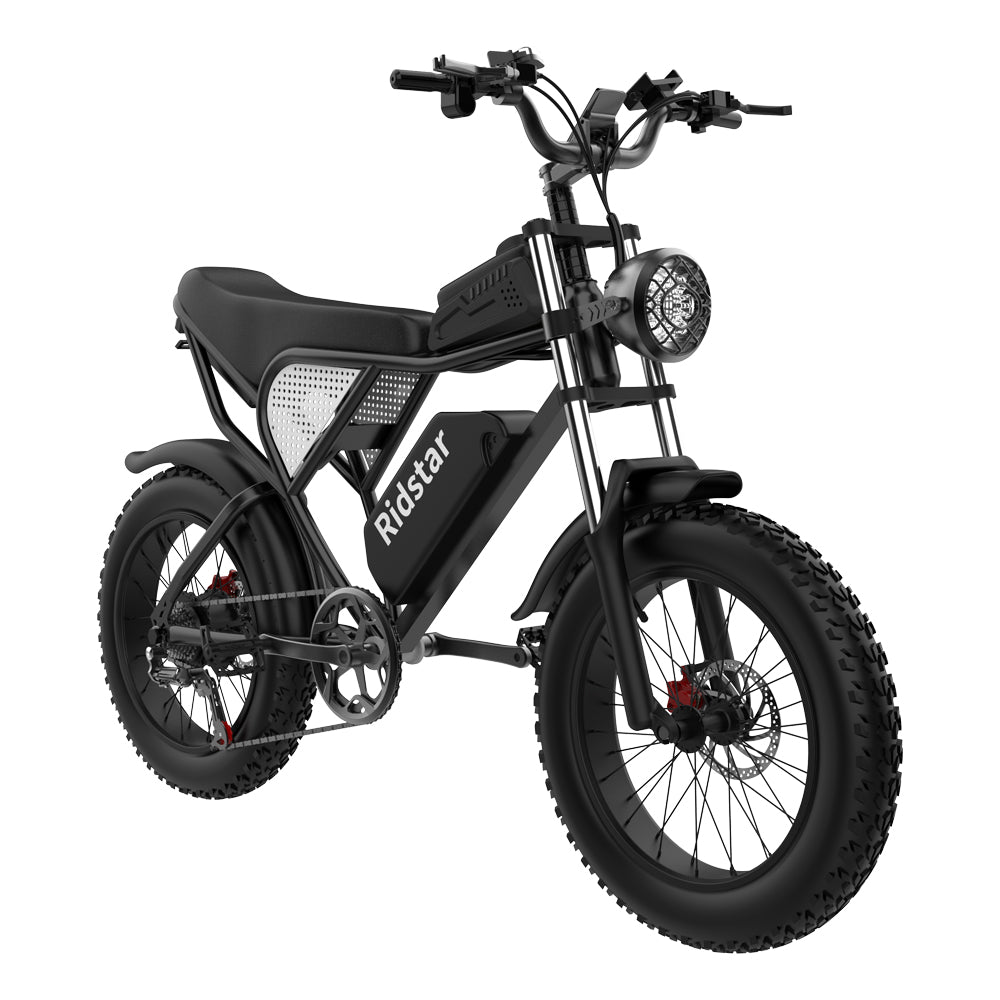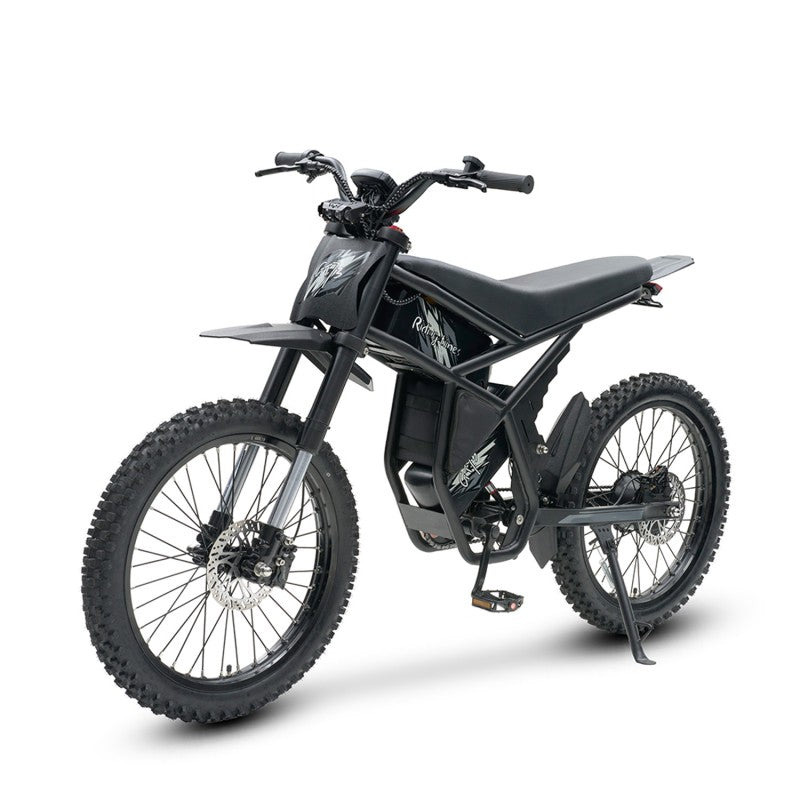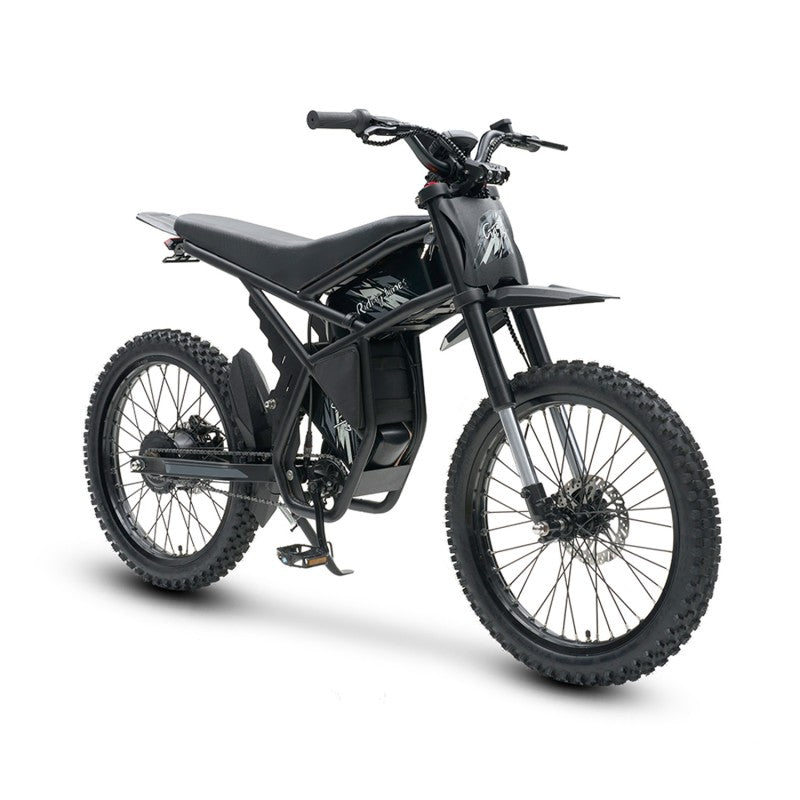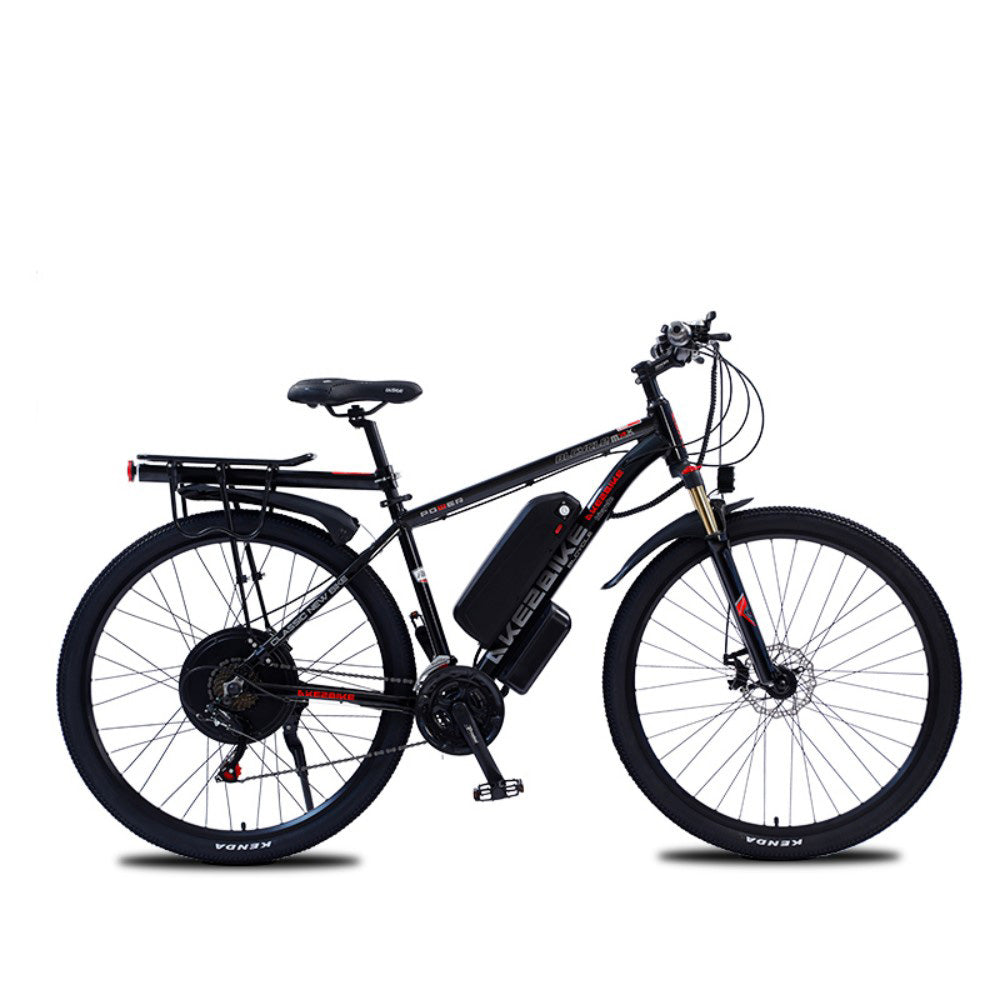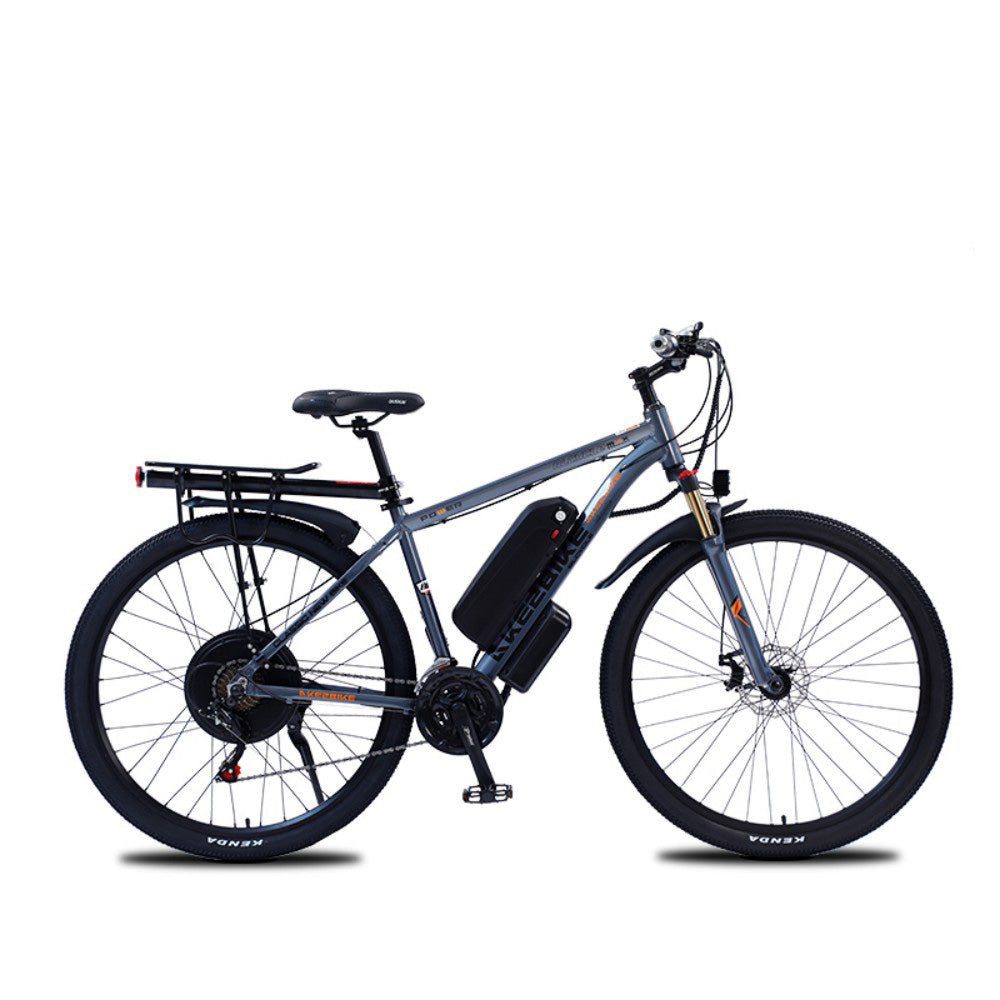1. Merida Expands E-Bike Production

Merida Industry Co. has released its financial report for the first half of the year, showing a 0.9% year-on-year increase in revenue from January to June 2025, reaching NT$12.06 billion (approximately USD 410.3 million). Net profit for Q1 rose 0.7% year-on-year to NT$418.53 million. Although Merida’s 2024 revenue grew by 8.7%, the company also reported a large non-operating loss of NT$3.77 billion due to a one-time impairment—stemming from two consecutive years of losses at its investee company, Specialized—resulting in a net loss in the tens of millions.
In a statement, Merida said:
“Based on our assessment of supply chain capacity, we are strategically deploying and gradually expanding our e-bike production capacity to meet increasing order demand, aiming for steady growth in both scale and profitability.”
Regarding the U.S.'s 10% baseline tariff on all imported goods, Merida noted that brand clients have already raised retail prices in the U.S. market, and so far have not asked the company to absorb the costs.
“Despite uncertainty in U.S. tariff policy, new model sales are strong. Overall, gradual recovery in the U.S. and European markets, combined with ongoing inventory clearance, is expected to support new demand momentum,” the company stated.
“Our factories in Taiwan are benefiting from increasing demand in the U.S. and European markets, which has driven new orders. Due to tariffs on Chinese-made products in these key markets, the majority of our global export orders are now produced in Taiwan.”
“Most of our subsidiaries outperformed the same period last year and posted profits in Q1, compared to losses in the previous year. On the other hand, road bike sales in China declined significantly, affecting our overall performance. We will continue to closely manage inventory and adapt our market strategies flexibly based on changes in demand.”
Merida has integrated its e-bike and traditional bicycle production lines at its Taiwan facility to achieve synergy. Part of the final assembly for e-bikes has also been relocated to its factory in Germany.
2. SRAM Acquires Italian Chainring Brand Ochain

Continuing its long-term acquisition strategy, SRAM has announced the acquisition of Italian startup Ochain, known for its innovative drivetrain components. Founded in 2019, Ochain gained rapid recognition in the gravity racing segment with its unique “Spider” technology, which decouples drivetrain forces from suspension behavior, improving traction, control, and overall ride quality.
SRAM, originally known for its gear shifters, has grown into a comprehensive component supplier and built a diverse product portfolio through acquisitions. Its acquired brands include industry leaders such as RockShox, Avid, Truvativ, Zipp, Quarq, and Hammerhead.
The Ochain acquisition marks SRAM’s latest move in expanding its presence in the high-performance mountain bike systems market and reinforces its commitment to drivetrain innovation. Ochain’s flagship product, the Active Spider, introduces controlled rotational slack between the crank and chainring. This slack reduces pedal kickback and minimizes drivetrain interference with rear suspension—critical for aggressive trail riding, enduro, and downhill disciplines.
3. European Industry Associations CIE and CONEBI to Merge

The Confederation of the European Bicycle Industry (CONEBI) and the Cycling Industries Europe (CIE) are set to merge—an important milestone for the European cycling industry.
CIE announced:
“This move reflects a shared vision to strengthen the voice of the European cycling industry and to lead mobility and industrial transformation across the continent.”
The two associations signed a memorandum of understanding during the Eurobike trade show. The merged organization will adopt a new name and be officially established on January 1, 2026, with headquarters in Brussels.
Further details on the strategic direction and future role of the new unified body will be shared during the CIE 2025 Summit in Brussels, Belgium, on October 14.









